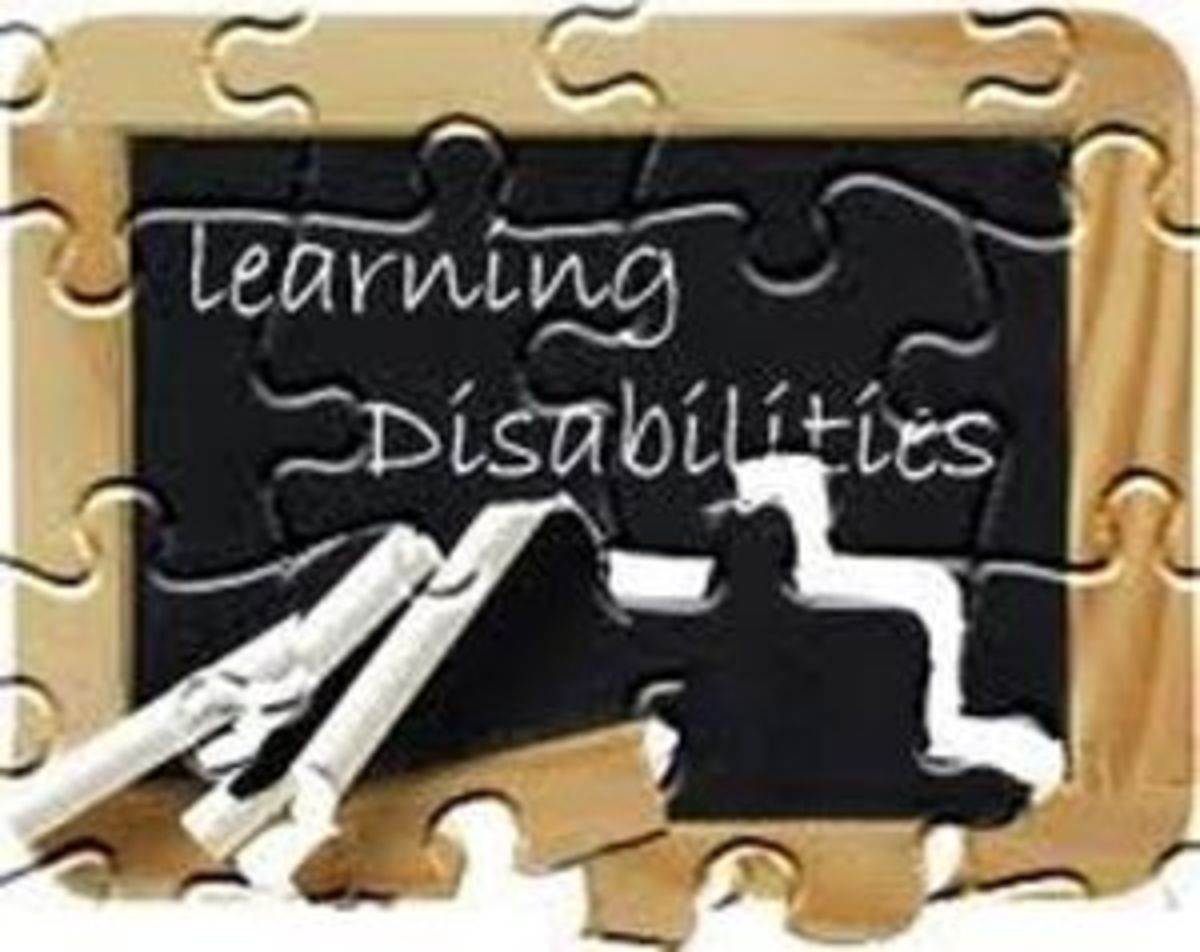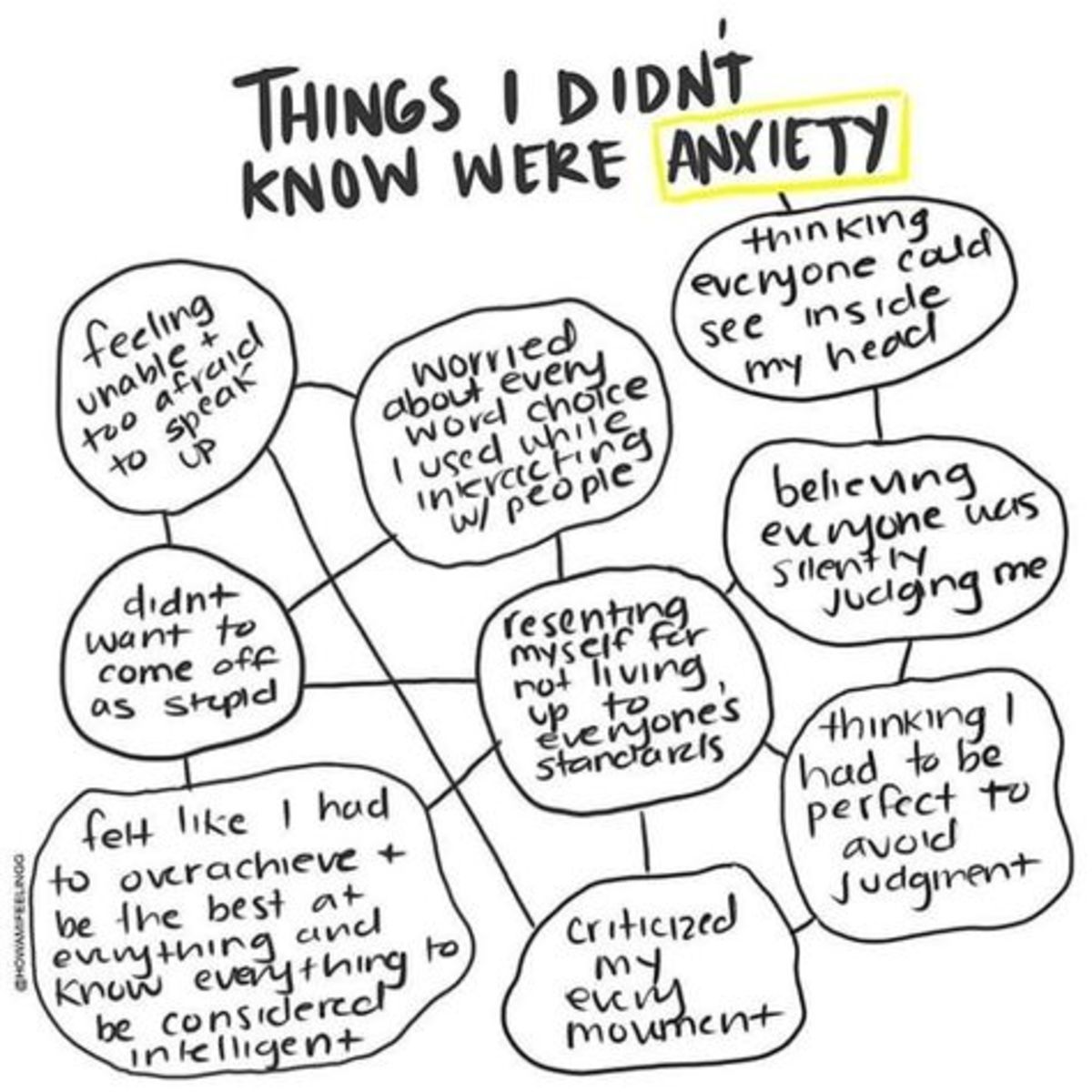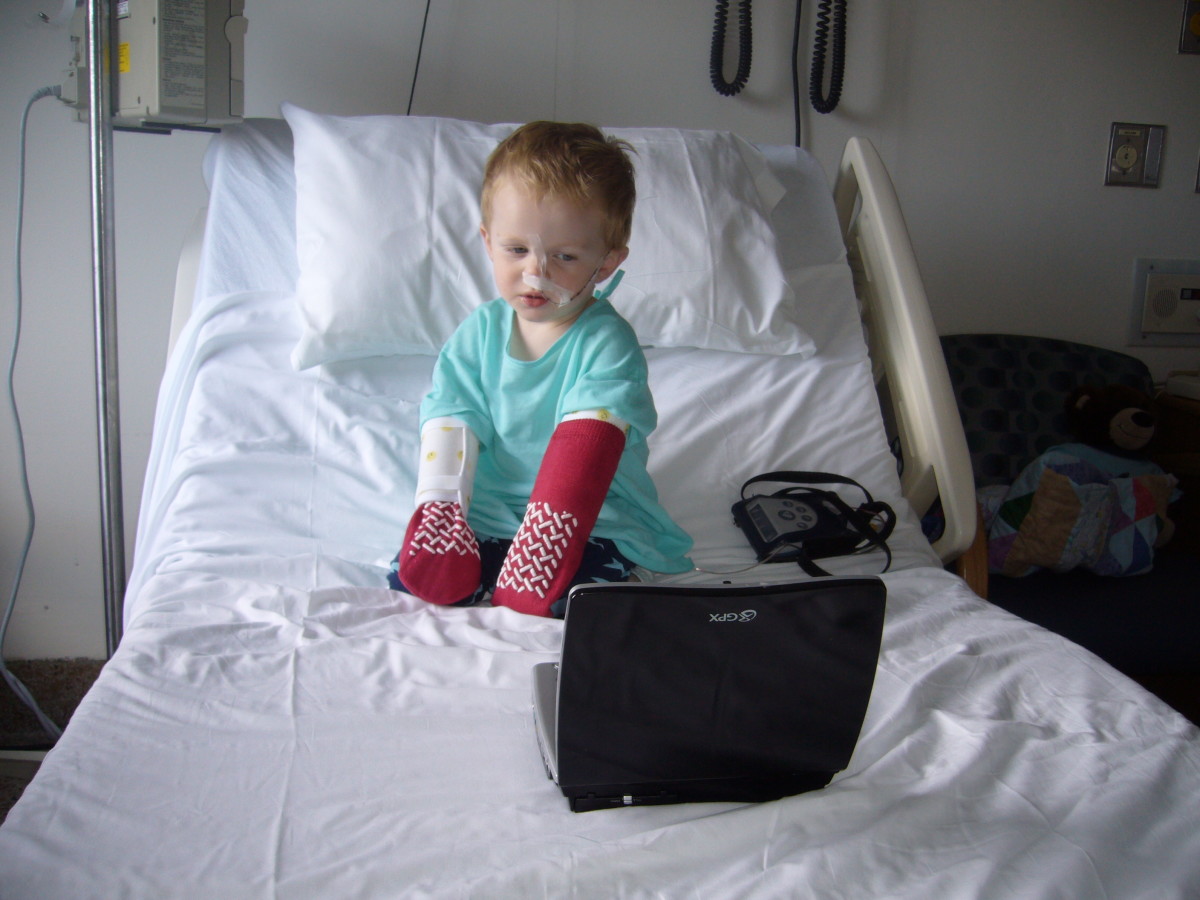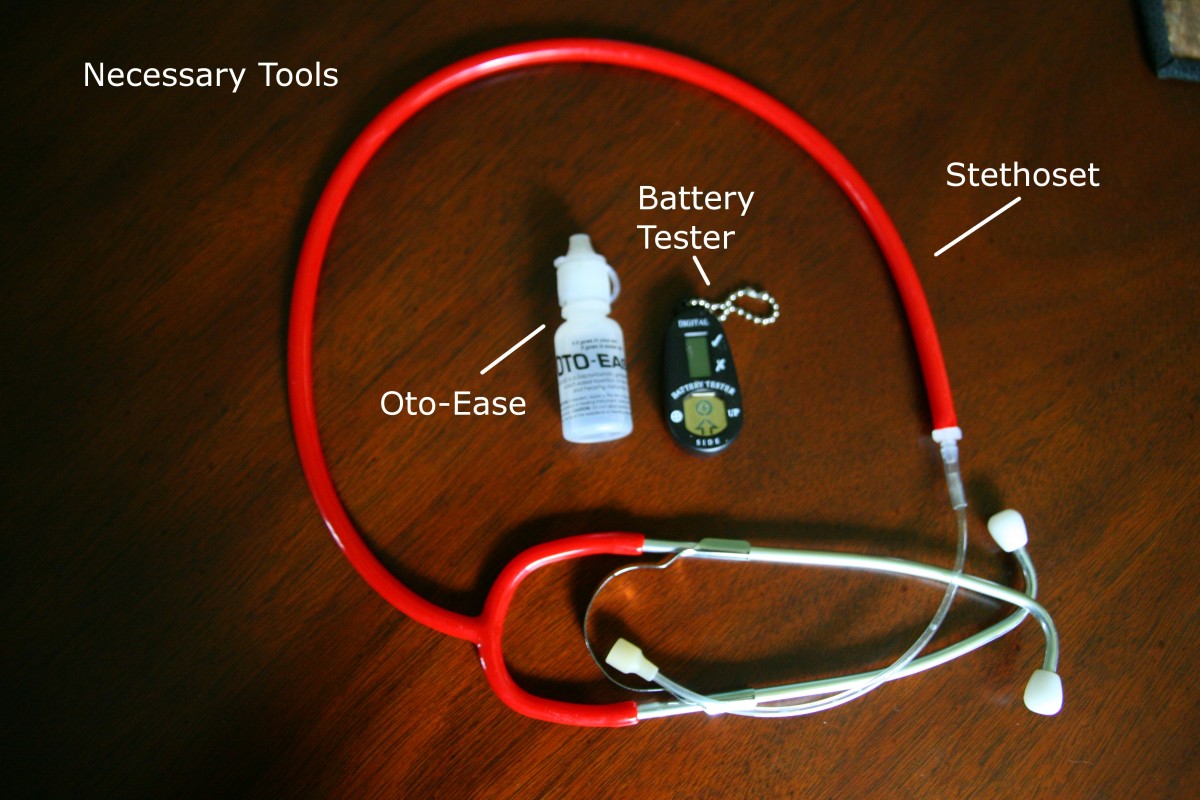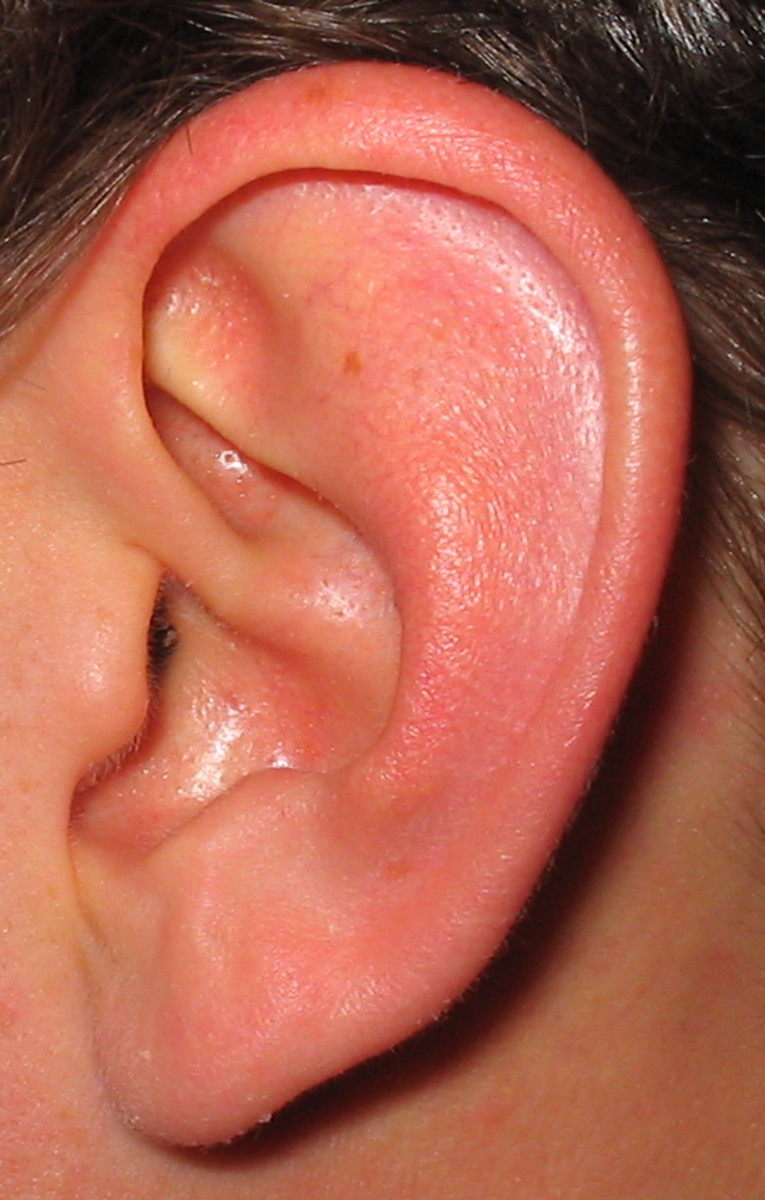How to Deal With Performance Anxiety in Children

As parents, we deal with many different issues with our children. Performance anxiety is one such issue that is not discussed quite as often as some of the others.
What is performance anxiety?
Performance anxiety can be defined as anxiety created by any variety of social settings or situations. Performance anxiety in children can manifest itself during any number of circumstances.
One of the most common reasons for performance anxiety in children is during test taking days. Tests create high anxiety for some children, while not affecting others at all. The very idea of having to sit in a desk and take a test within a certain amount of time can cause tremendous inner panic in a child.
Another common cause of performance anxiety in children is strict classroom settings. While classroom rules are normal, some children feel great anxiety by strict limitations being applied in the classroom. They may feel stifled or boxed in. Their creativity levels may drop to an all-time low. They might experience greater difficulty participating in classroom activities.
How are children affected by this?
In addition to some of the signs of performance anxiety I’ve described above, there are even more ways that kids can be affected by this. Some of these ways include:
- Their grades begin to slip, with no explanation or reason why.
- They may start to retreat within themselves and not hang around friends as much.
- They become the class clown.
- They look for any excuse to miss school.
- They start skipping classes.
How you can help your child deal with performance anxiety
If you think your child is experiencing performance anxiety, there are ways you can help them out. Don’t wait for the teacher or school counselor to step in to help. Start by helping them by using the following tips:
- Become an active parent at school.
- Create a special study time in the evening.
- Reinforce positive, constructive criticism to your child.
This content is accurate and true to the best of the author’s knowledge and is not meant to substitute for formal and individualized advice from a qualified professional.
© 2008 Hope Wilbanks

